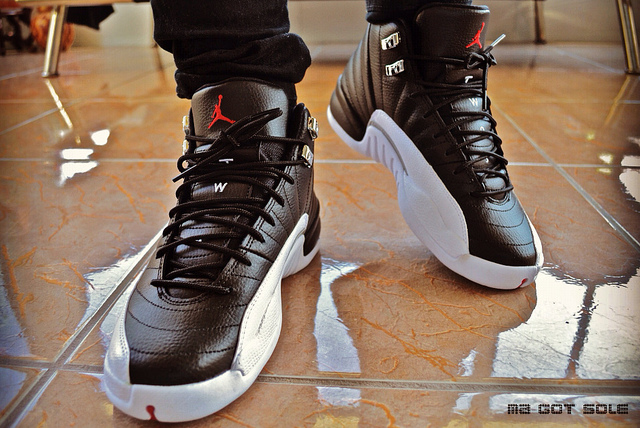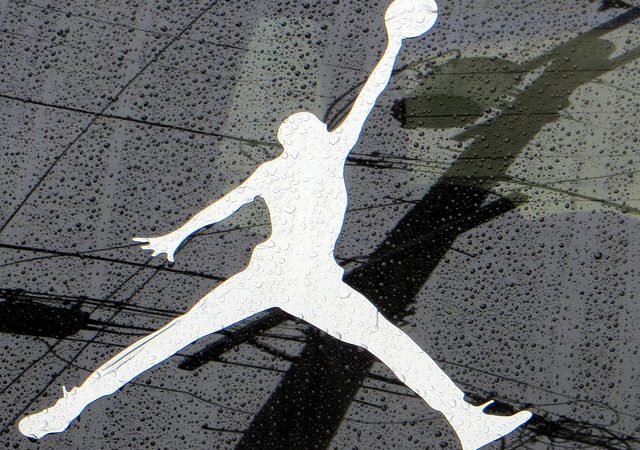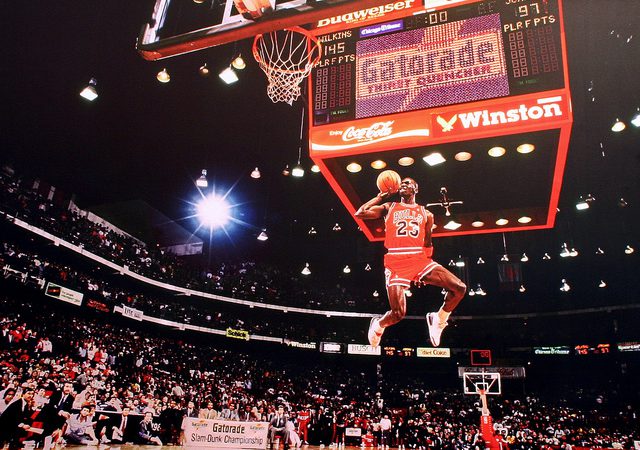Michael Jordan Scores for IP in China
Dec 13, 2016
What’s in a name? If you’re basketball legend Michael Jordan about $100 million a year in royalty payments. That’s more than he or anyone else has made while playing. Big brands like Nike, Hanes, and Gatorade pay Jordan handsomely to use his image and likeness to sell their products all over the world. Jordan, after all, did put in the sweat equity to make his name synonymous with excellence and being a champion on and off the court. Recently he was awarded the Presidential Medal of Freedom for “pushing America forward {and] inspiring millions of people around the world along the way.”
That’s why it’s a big deal when an unscrupulous company such as China’s Qiadon Sports uses Jordan’s image, likeness and trademarks to sell their basketball shoes without his permission. The company has been producing knockoffs with the Mandarin transliteration of “Jordan” for more than ten years. Jordan has been able to sue companies in the U.S. for trademark infringement, like a grocery store using his image to sell steaks, but not in China. Until yesterday.
Previously Jordan had lost in court to Qiadon due to Chinese trademark law based on a first come first serve basis, even though “Jordan,” especially on basketball shoes is universally attributed to Michael Jordan. The new ruling puts a dent in this weak IP protection, the Supreme People’s Court ruled Jordan’s Chinese name is “well recognized” in China and Qiadon Sports will have to give up its Jordan “乔丹” trademark registrations.
This is obviously a victory for Jordan, but a bigger victory for China and international trade. While Jordan has spent the time cultivating his image, China’s image in international business has soured because of poor enforcement of basic intellectual property rights. The most in-depth report on trade in counterfeit goods names China as the source for 63% of traded counterfeit goods, a value of $290 billion. The Supreme People’s Court reversal should serve as a signal to business that China will be taking this problem more seriously. Last year, China’s National People’s Congress Standing Committee carried out its study on counterfeits traded through e-commerce in China and found 41% of products ordered to be fake.
Counterfeit products are dangerous to consumers and undermine efforts of Chinese and international companies from establishing a competitive presence in China. As IP protections become more certain in, like the win awarded to Jordan, domestic and international companies will feel safe to make larger investments and compete for consumers attracted to brand value, innovation and artistic works.
Image Sources



